One Minute Reflection – 21 April – “The Month of the Resurrection and the Blessed Sacrament” – The Third Sunday after Easter – St Anselm (1033-1109) Bishop, Confessor, Magnificent and Marian Doctor of the Church – 1 Peter 2:11-19; John 16:16-22 – Scripture search here: https://www.drbo.org/
“So also you now indeed have sorrow but I will see you again and your heart shall rejoice. And your joy no man shall take from you.” – John 16:22
REFLECTION – “What is true joy, brethren, other than the Kingdom of Heaven? And what is the Kingdom of Heaven other than Christ our Lord? I know that everyone wants to have true joy. But the person who wants to be happy with his harvest, without cultivating his field, is deluding himself; the person who wants to harvest fruit without planting trees is mistaken. We cannot have true joy, without righteousness and peace … At present, respecting righteousness and having peace, we work hard for a short time like people bent over good work. But afterwards, we will rejoice without end because of the fruit of that work.
Listen to the Apostle Paul, who said of Christ: “It is He Who is our peace.” (Eph 2:14) … And speaking to His disciples, the Lord told them: “I shall see you again, then your hearts will rejoice with a joy no one can take from you.” What is that joy which no-one can take from you, other than your Lord Himself, Whom no man can take from you?
So examine your conscience, brethren – if righteousness reigns there, if you want, desire and wish the same thing for everyone as for yourself, if there is peace in you, not only with your friends but equally with your enemies, then know that the Kingdom of Heaven, which is to say Christ the Lord, abides in you.” – St Caesarius of Arles (470-543) Bishop, Father (Sermon 166).
PRAYER – O God, Who didst give blessed Anselm to be Thy people’s minister in eternal salvation, grant we pray, that we, who have him for teacher of life here on earth, may also deserve now that he is in Heaven, to have him for an advocate. Through Jesus Christ, Thy Son our Lord, Who lives and reigns with Thee, in the unity of the Holy Ghost, God, world without end. Amen (Collect).




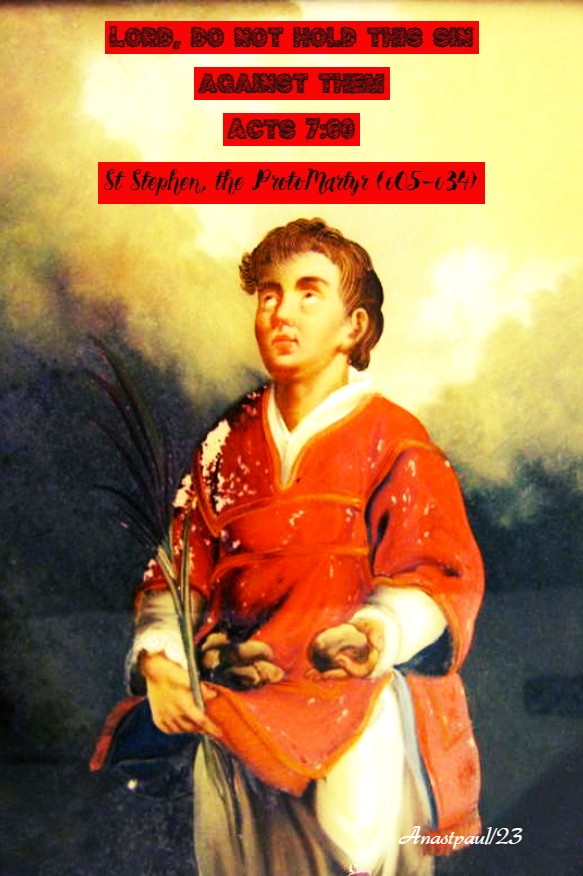


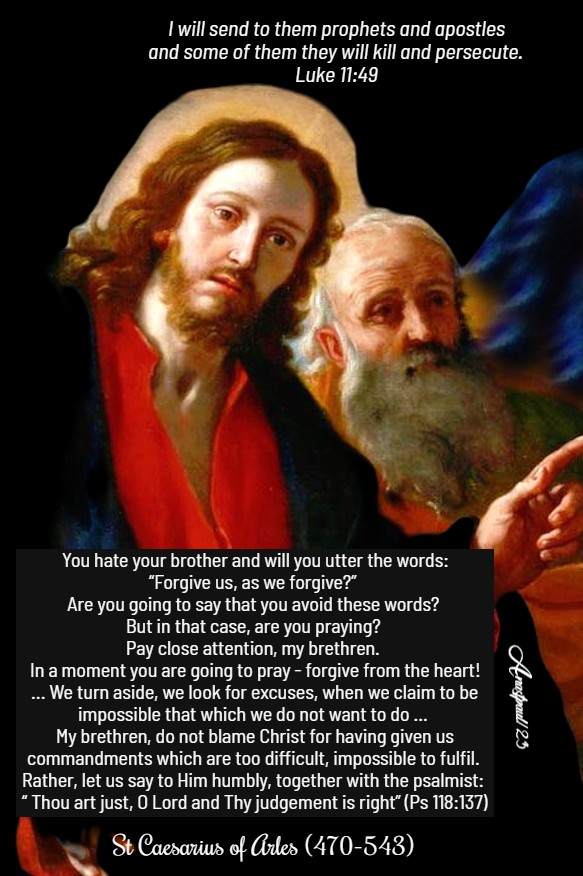
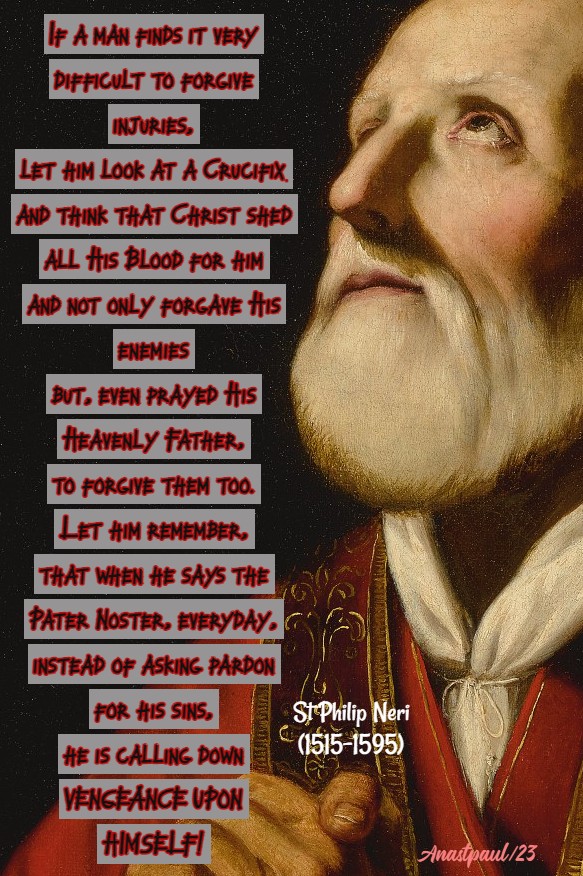





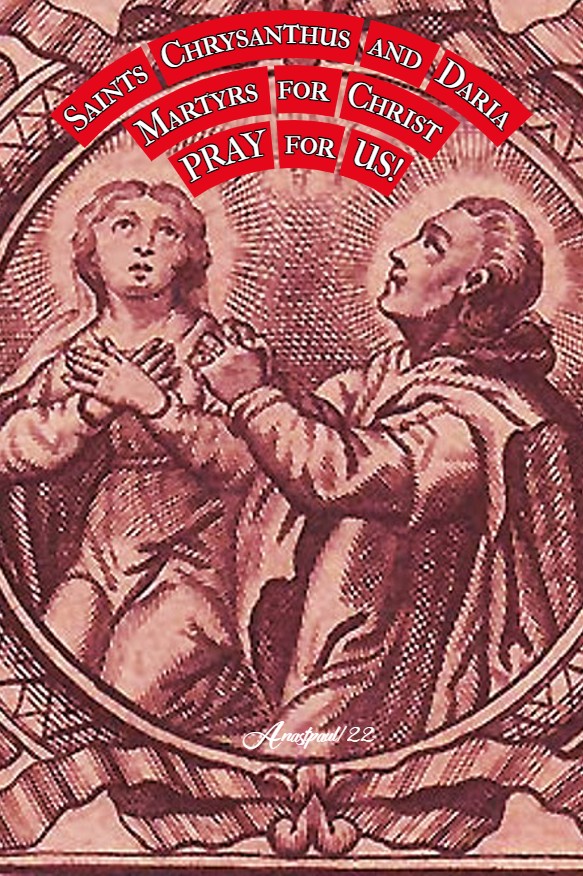

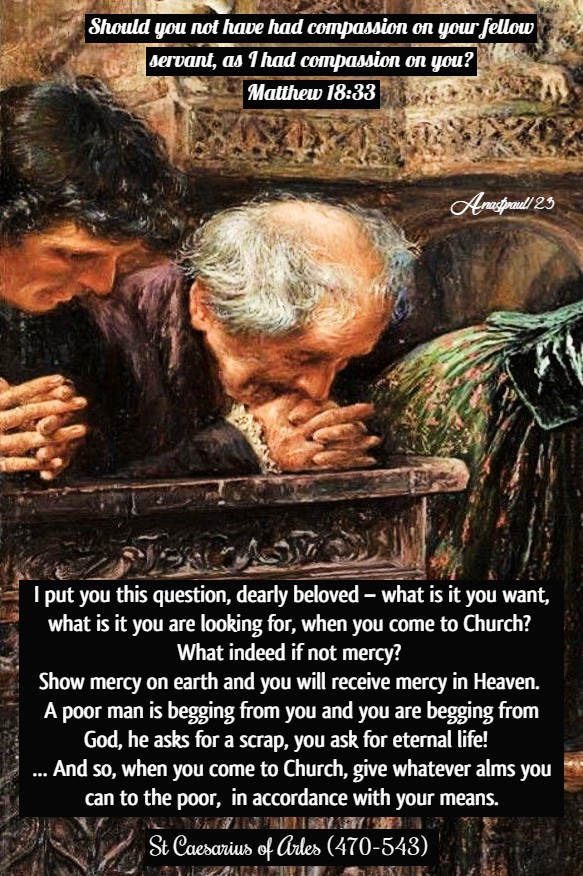
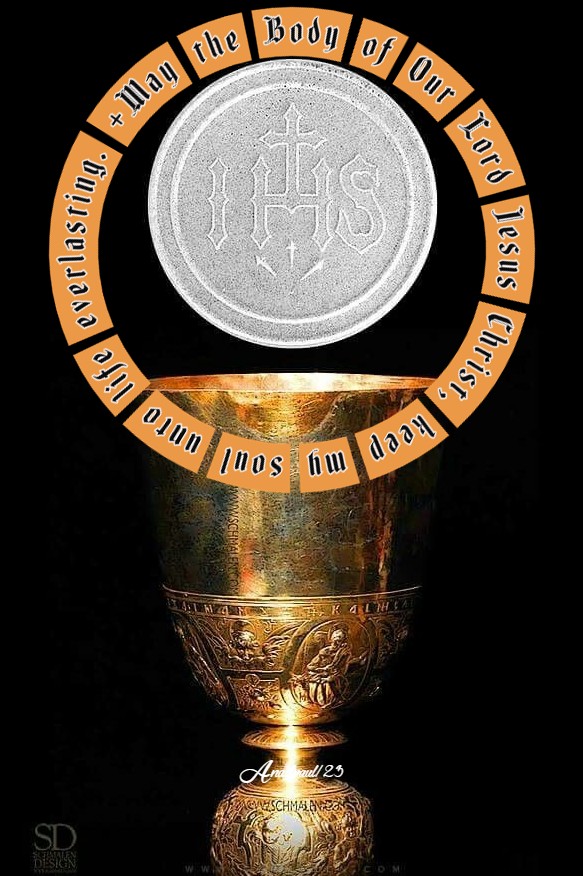


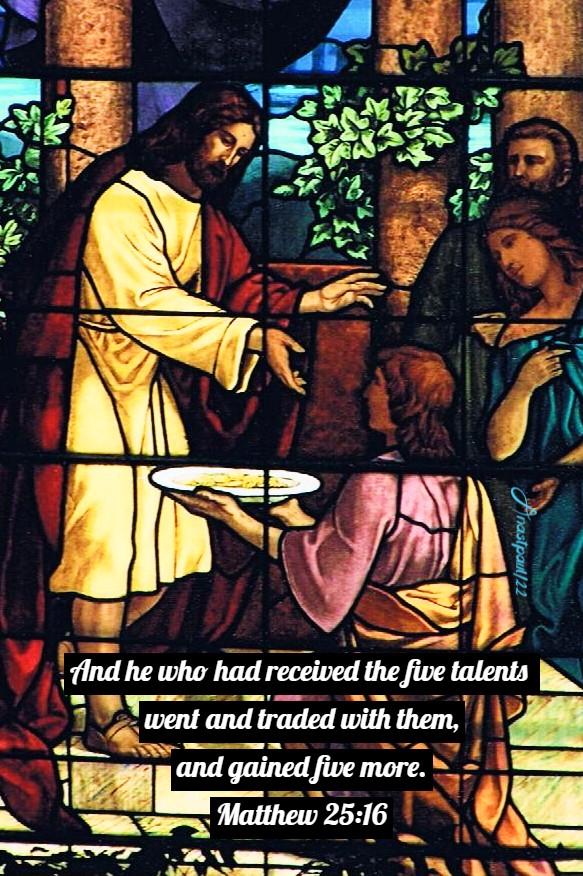

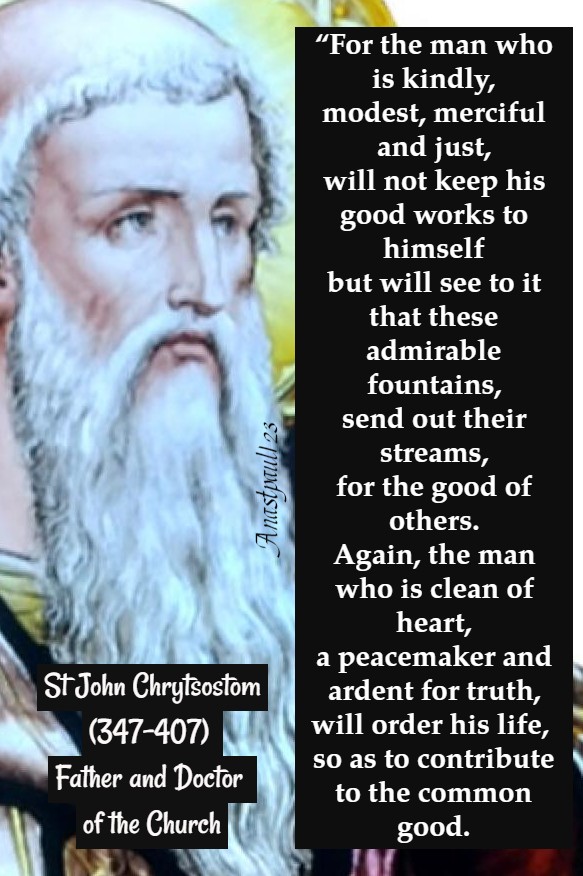


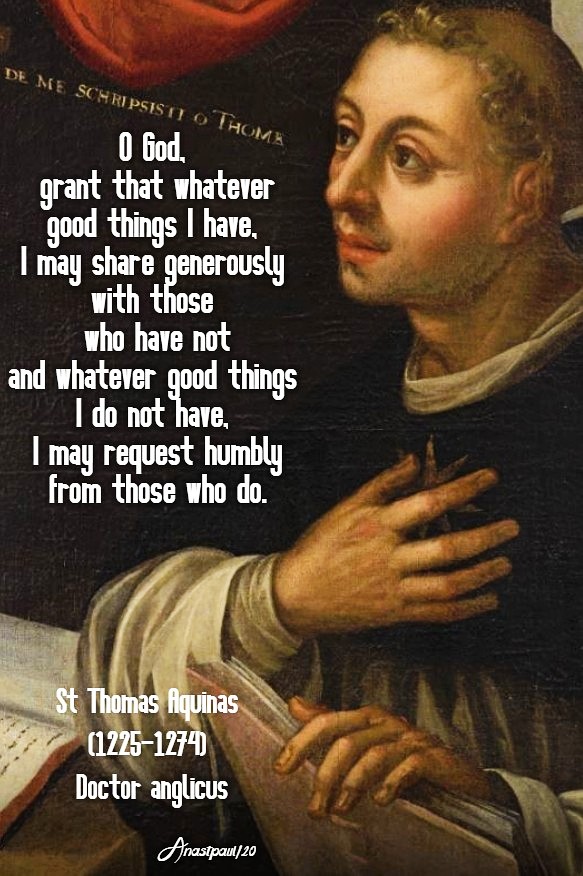


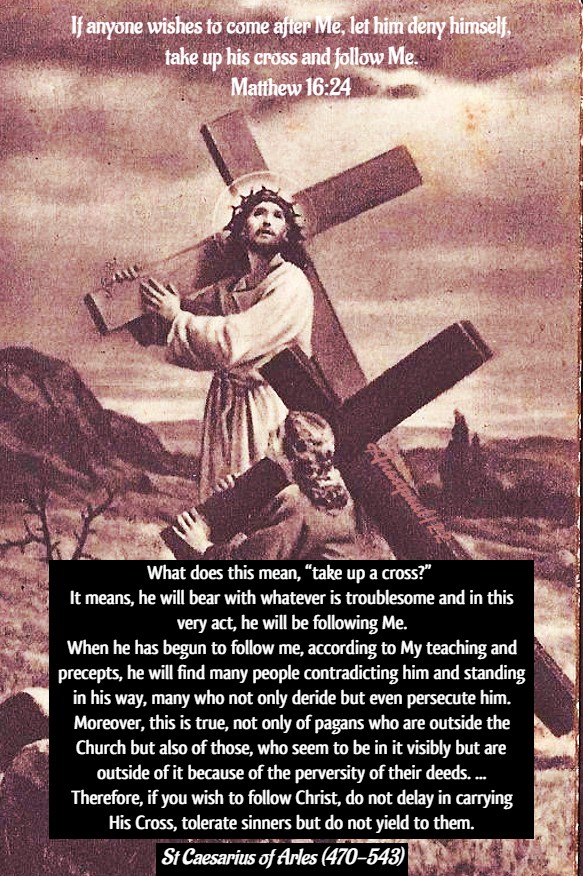



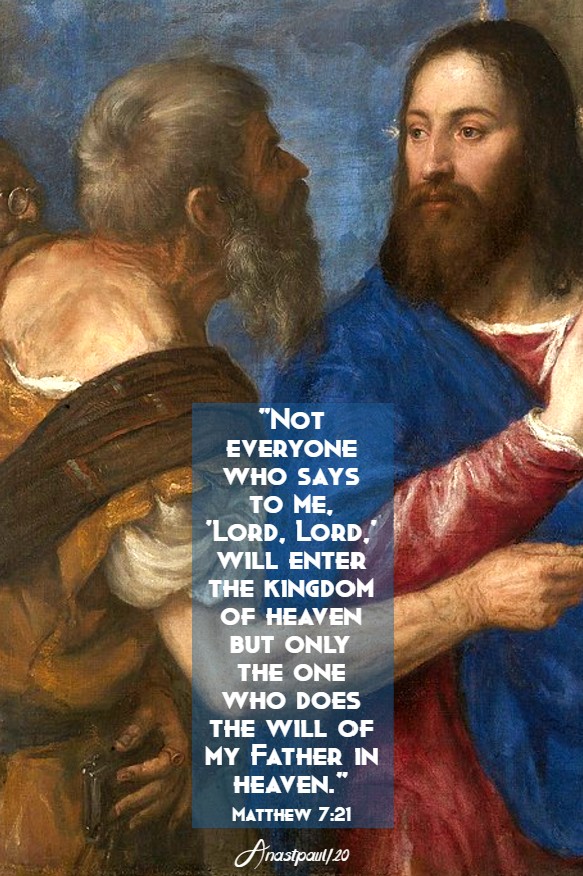

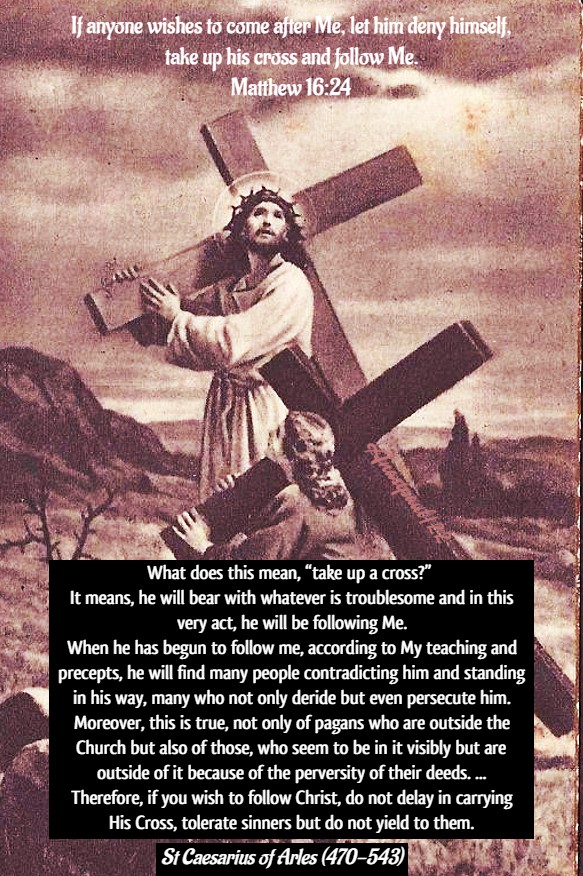




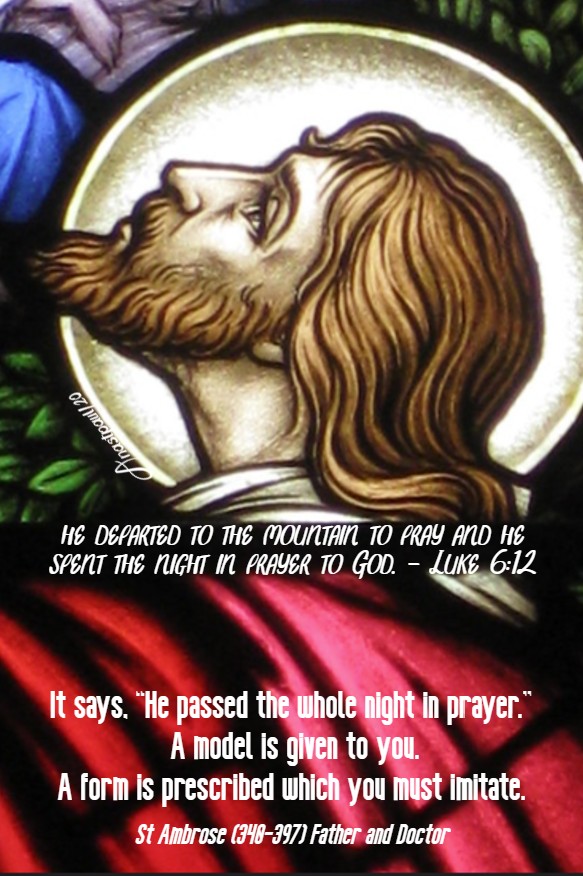

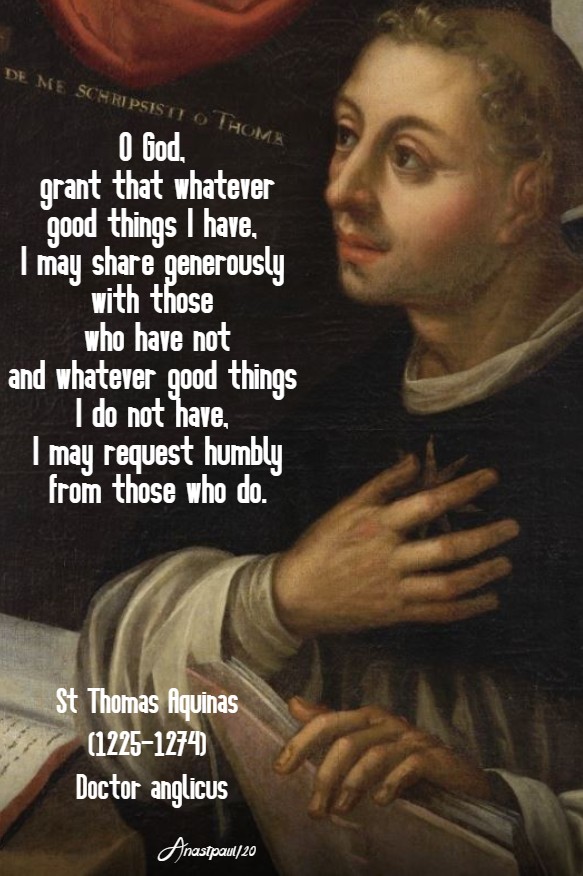

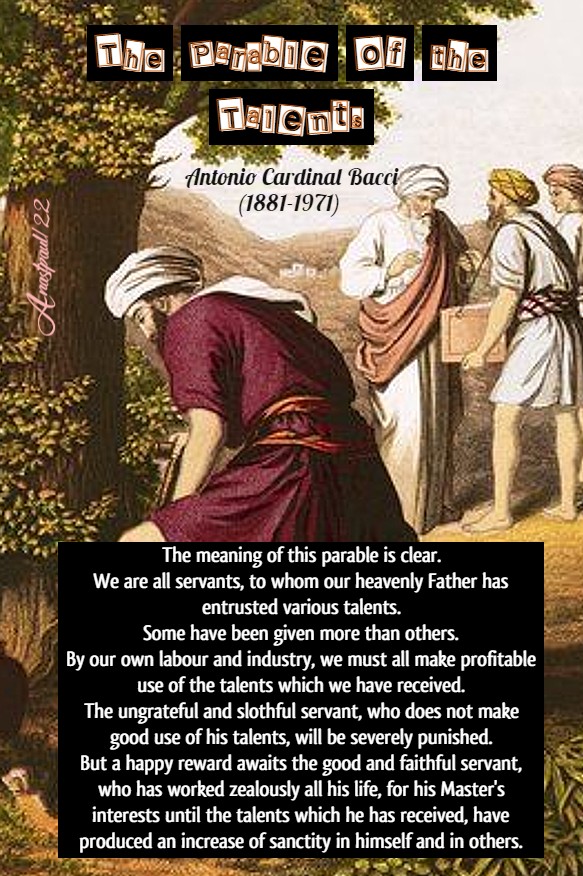




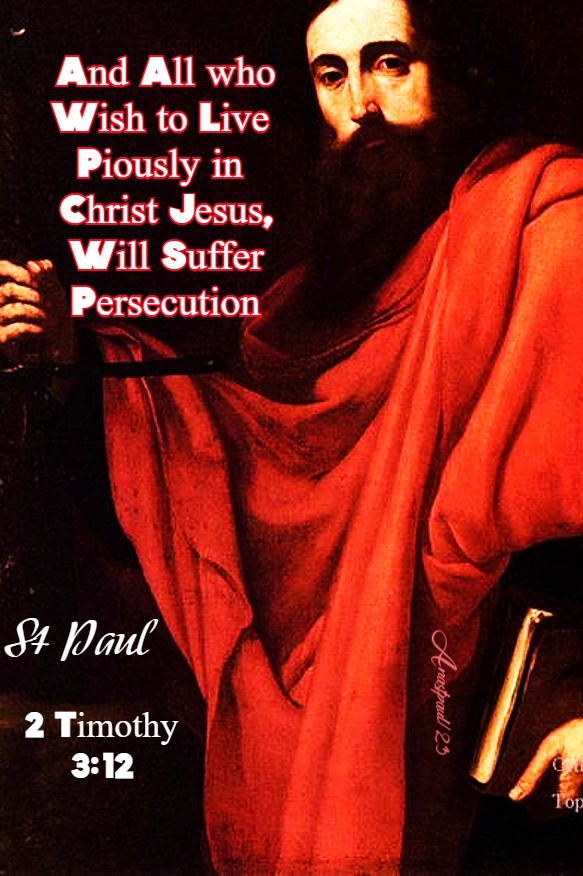



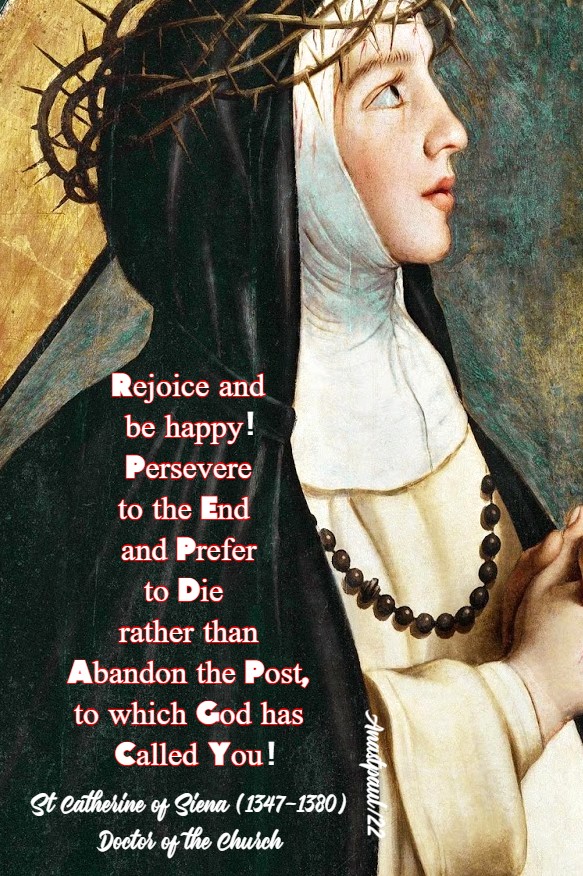



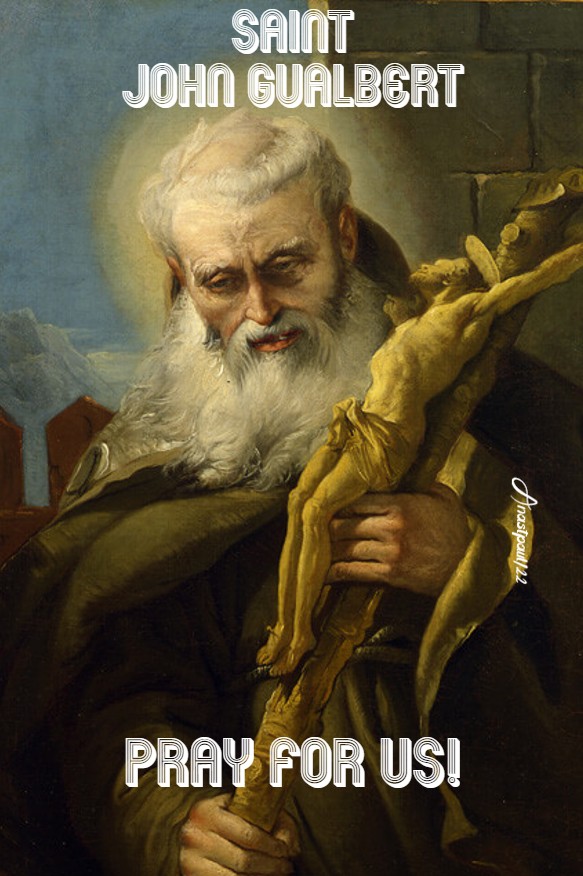

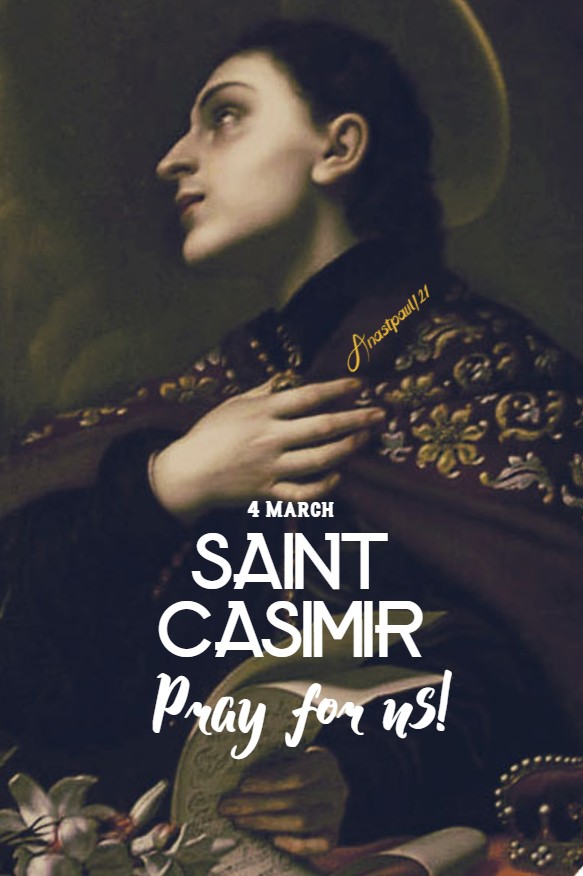

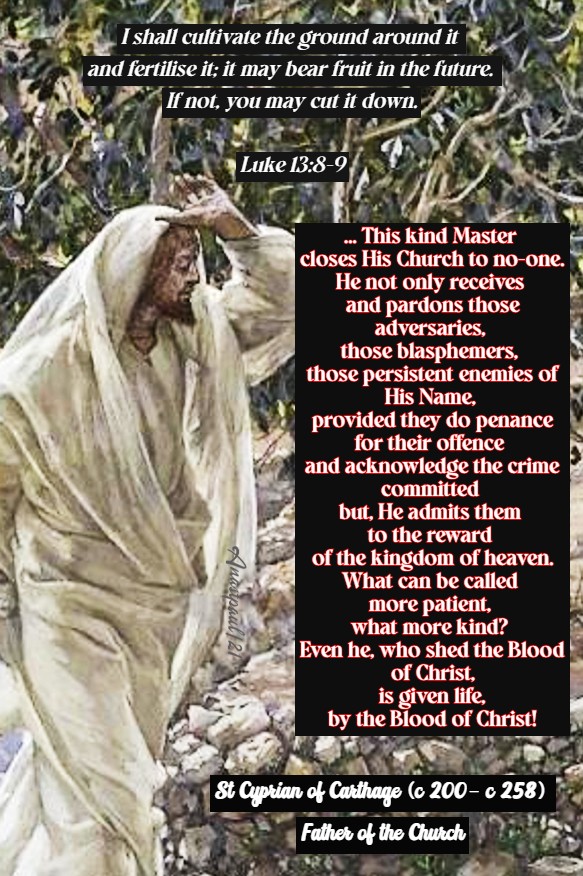
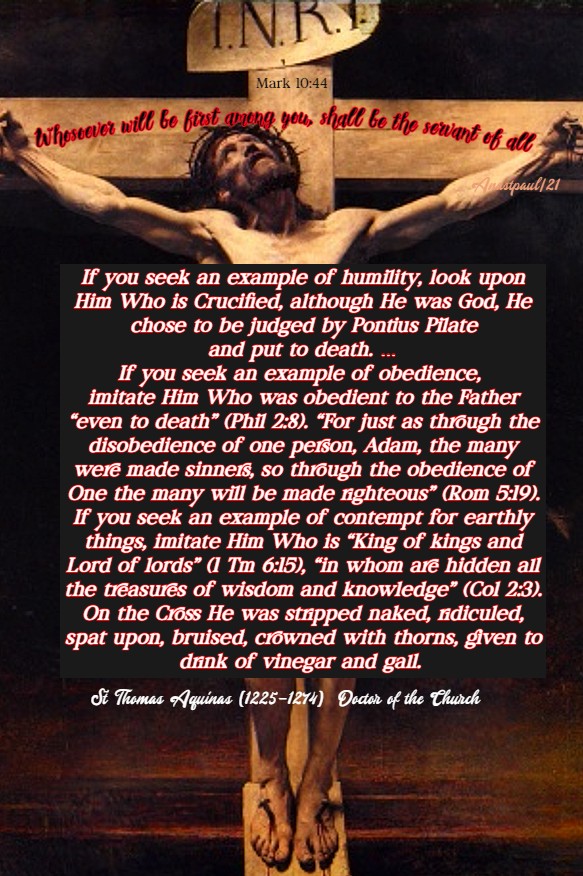

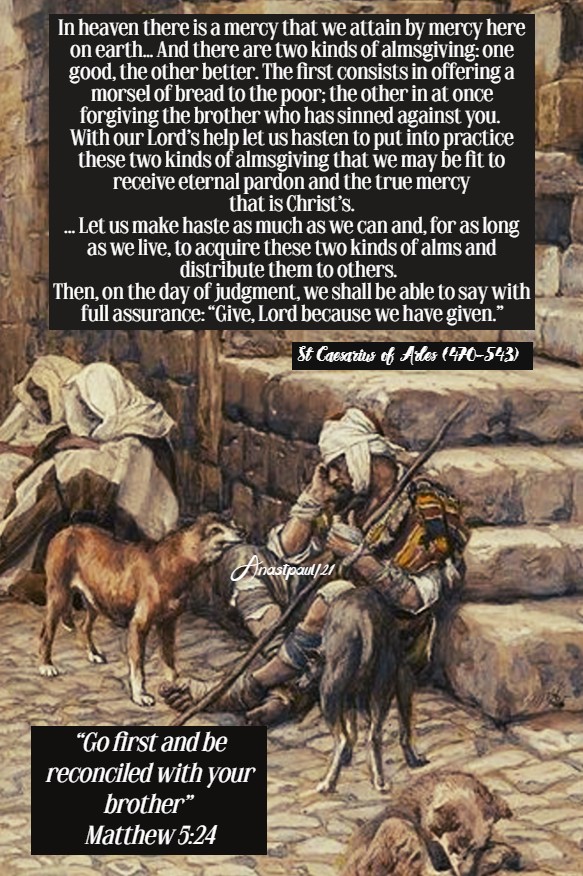

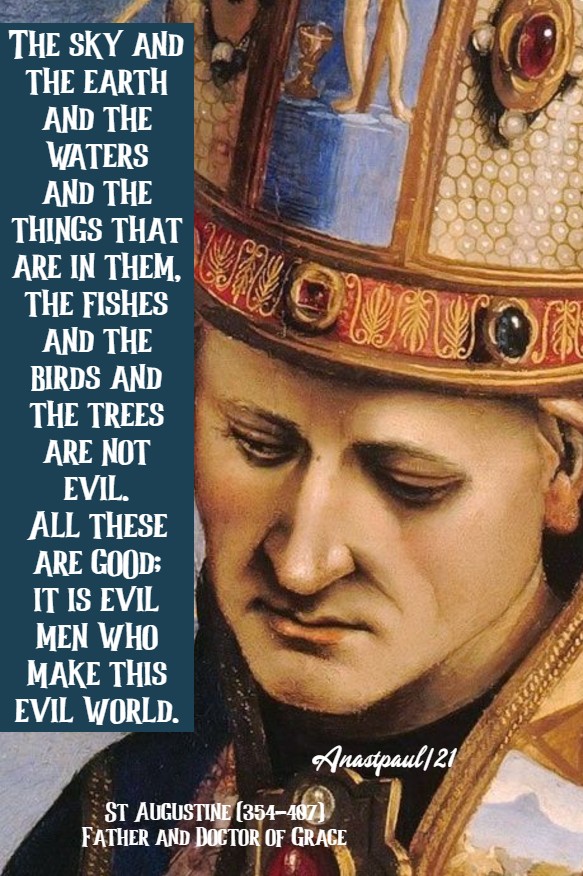
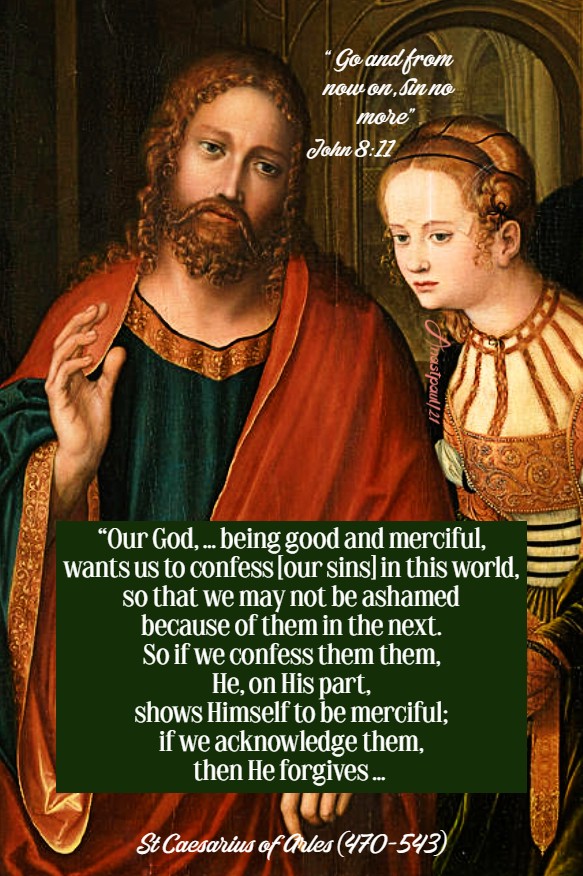
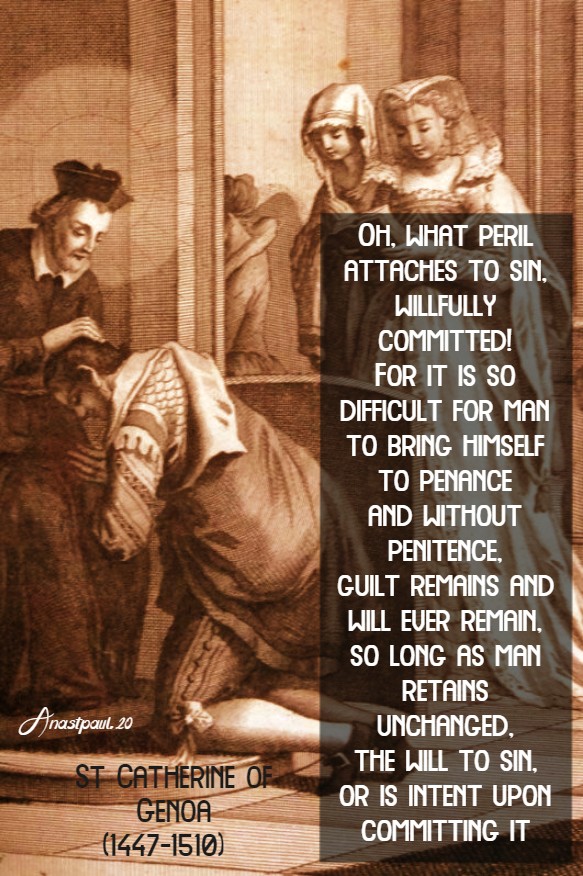

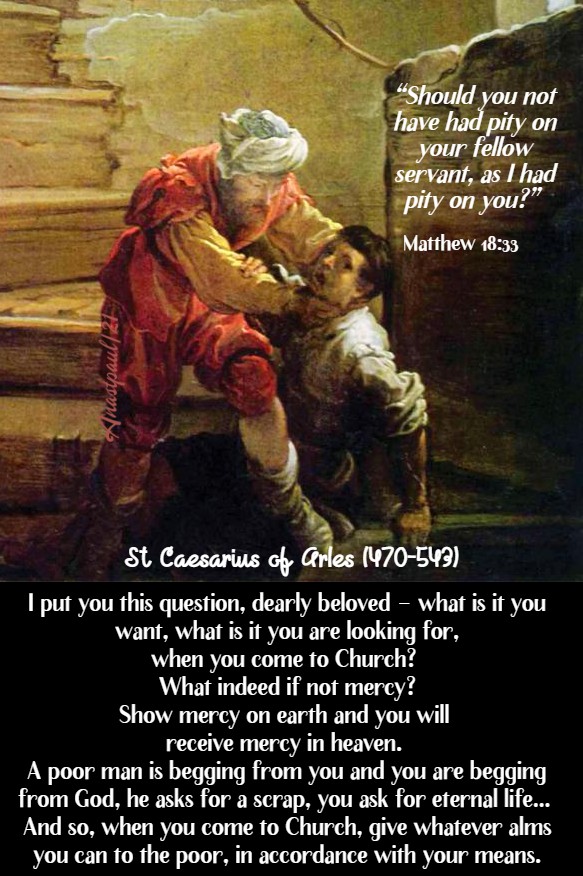
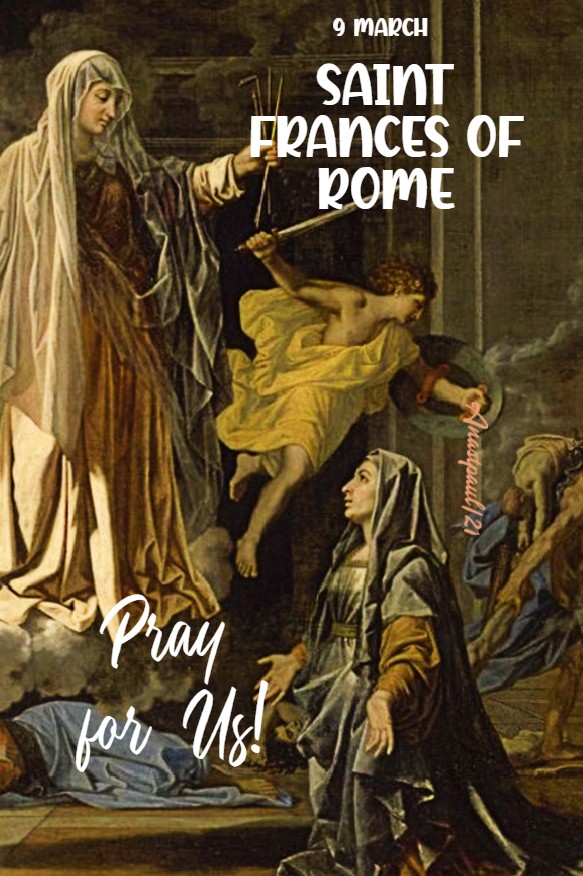
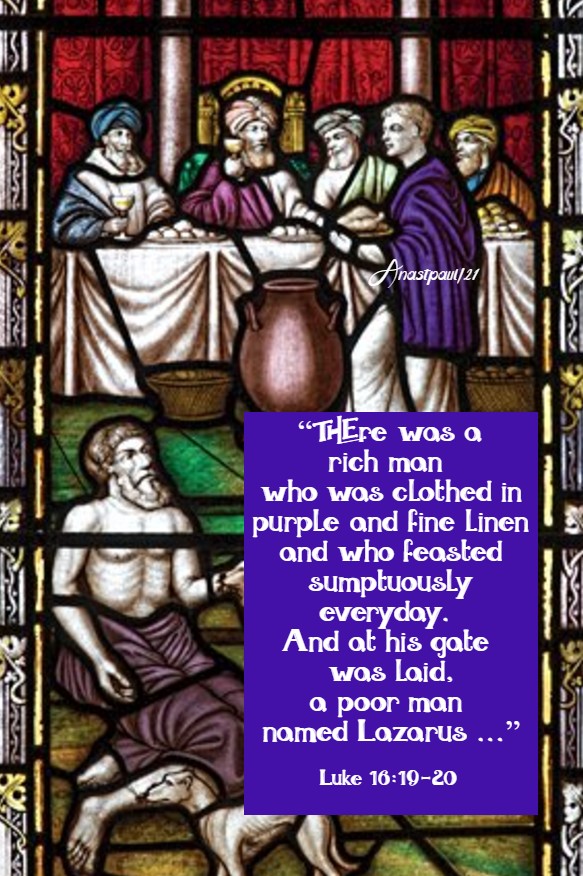
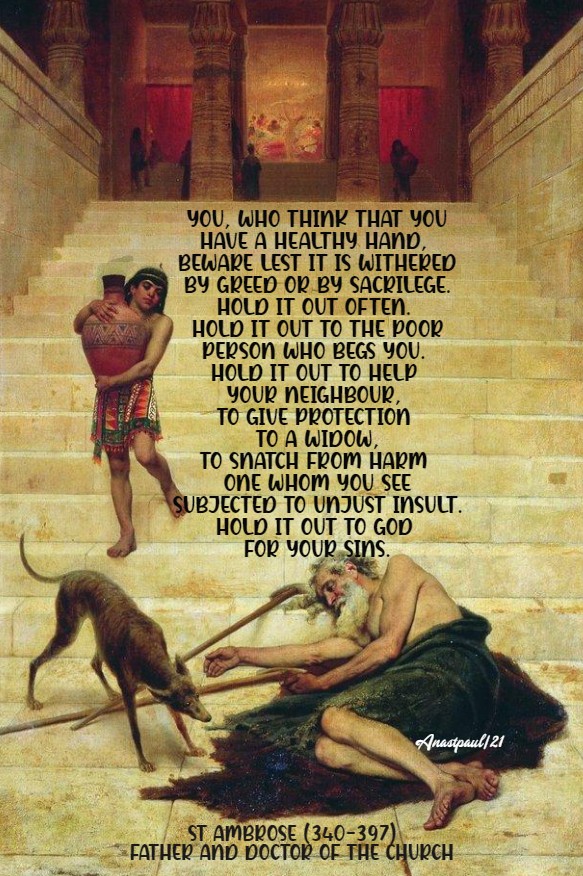
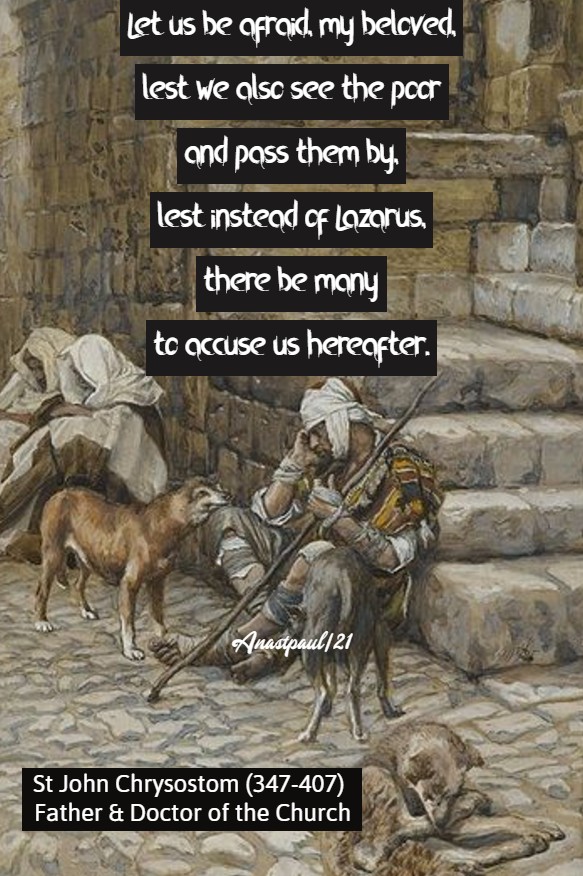

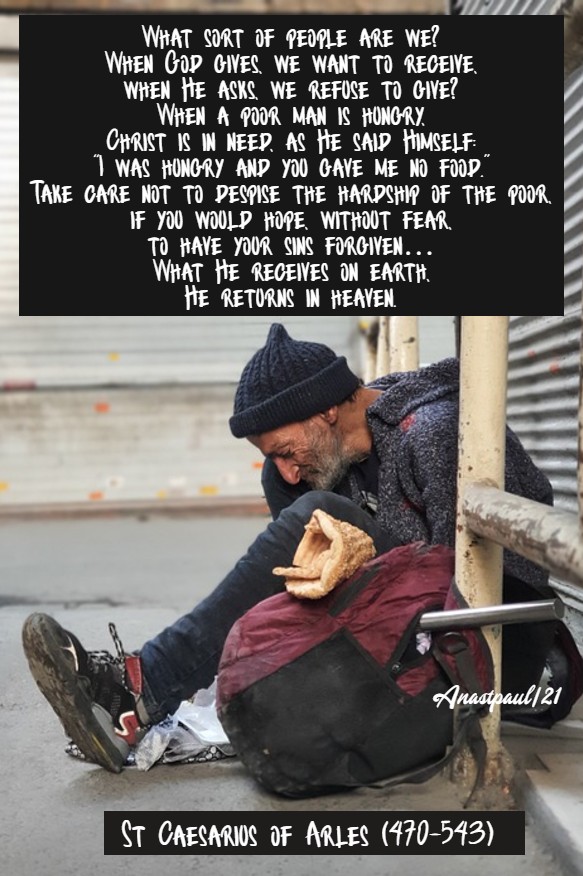



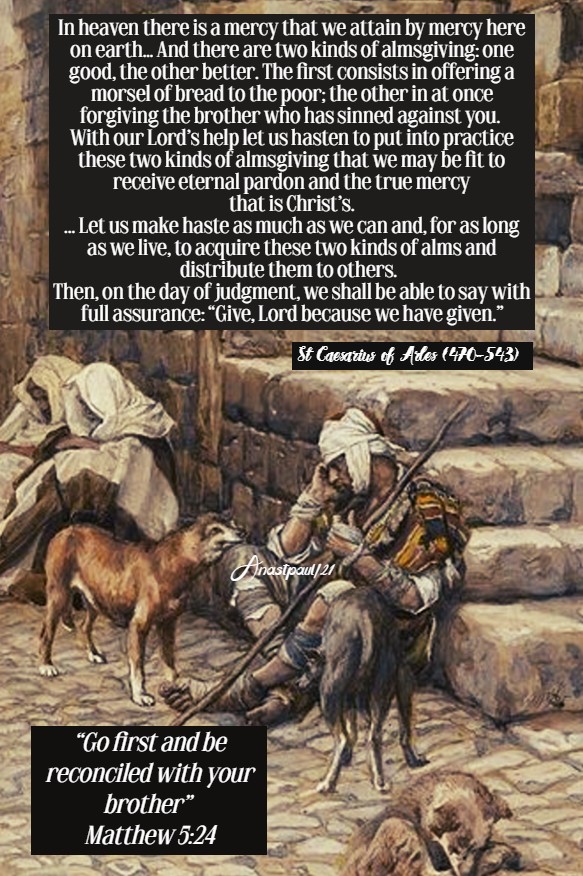
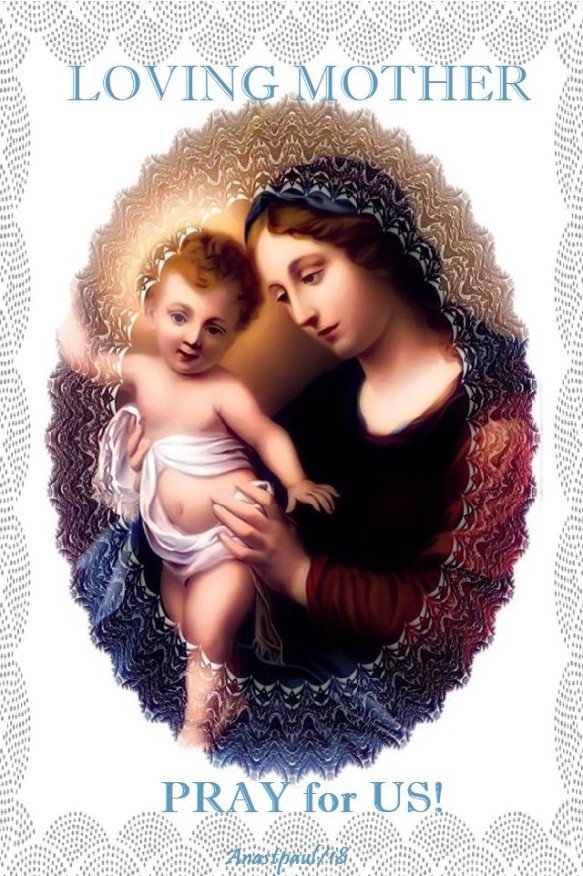
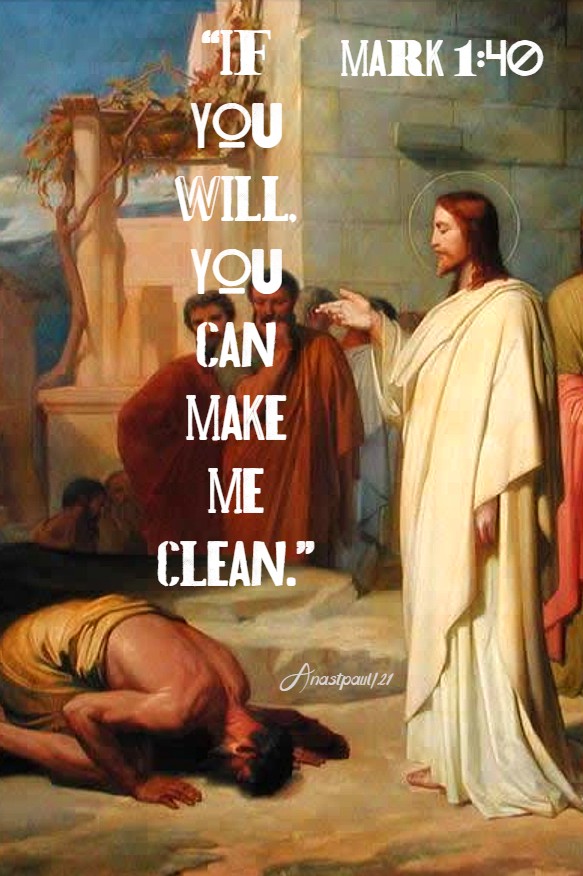




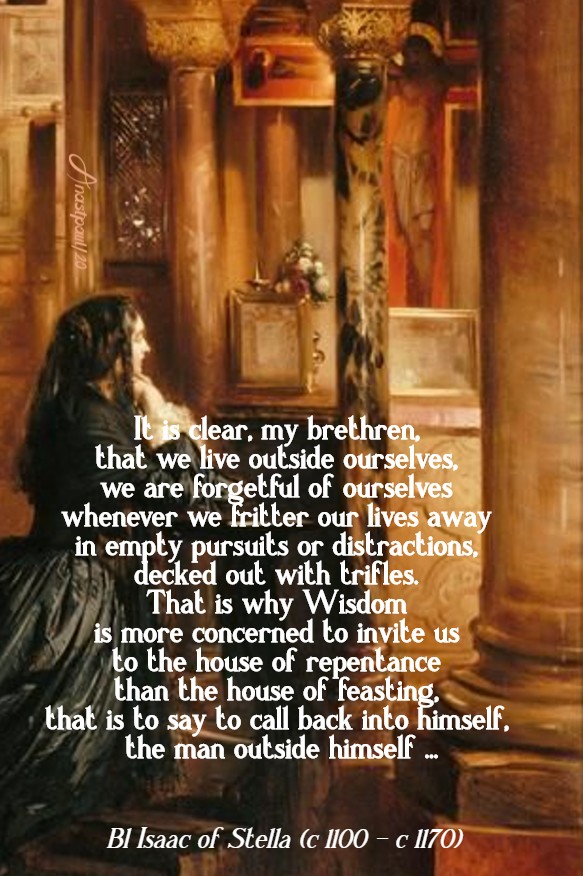


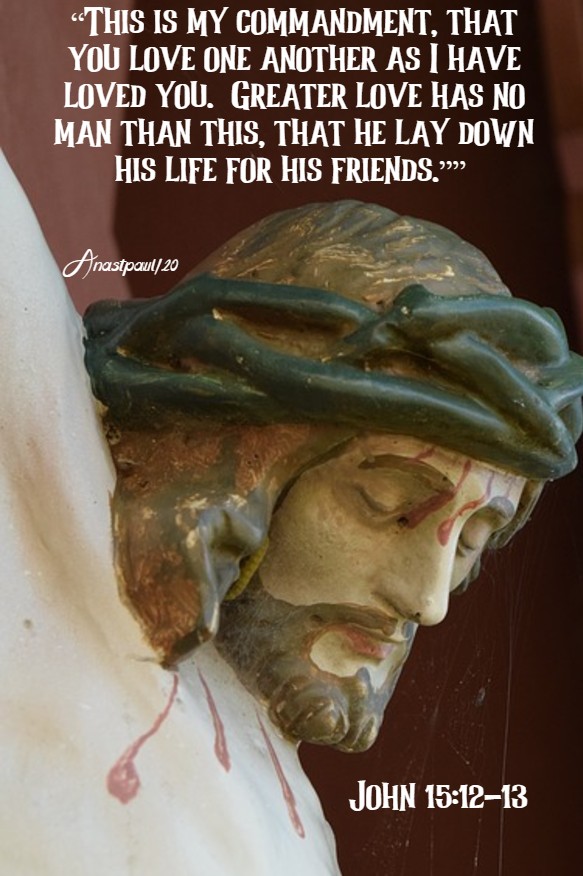

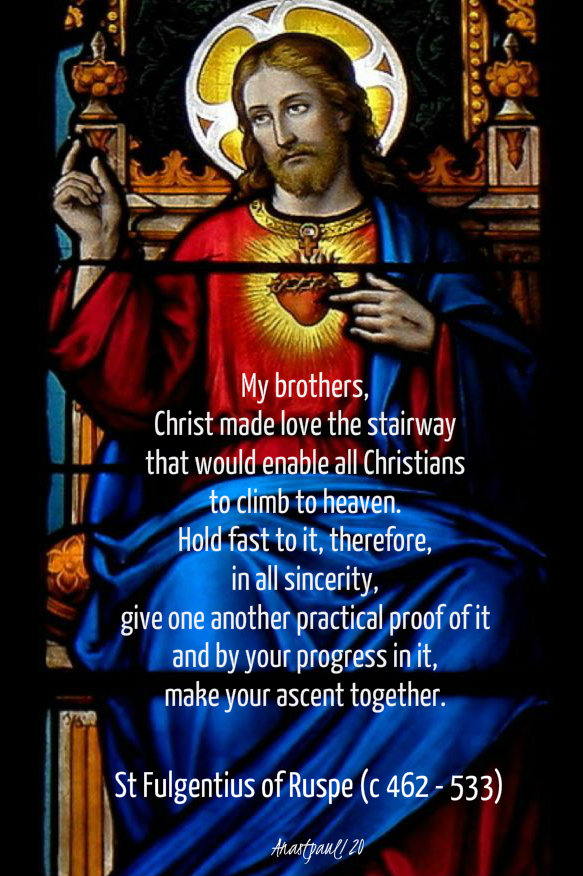

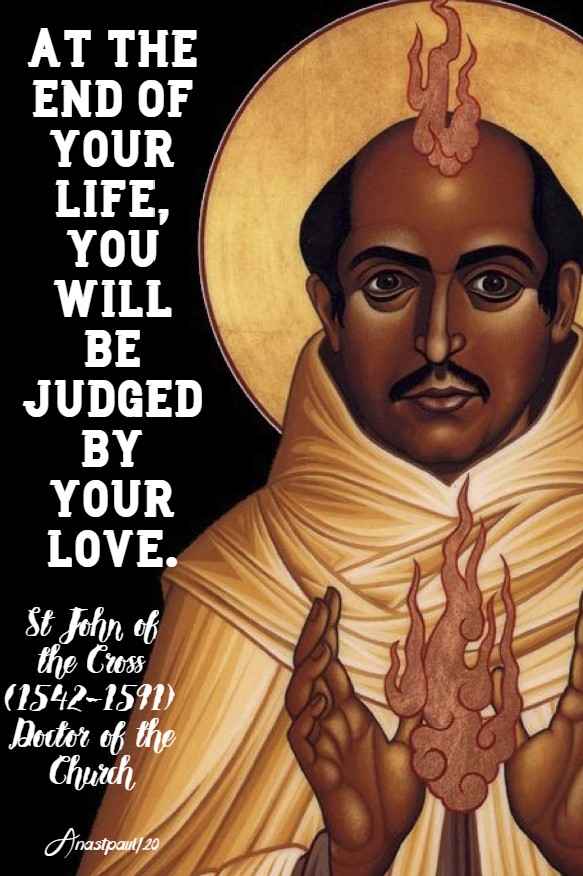
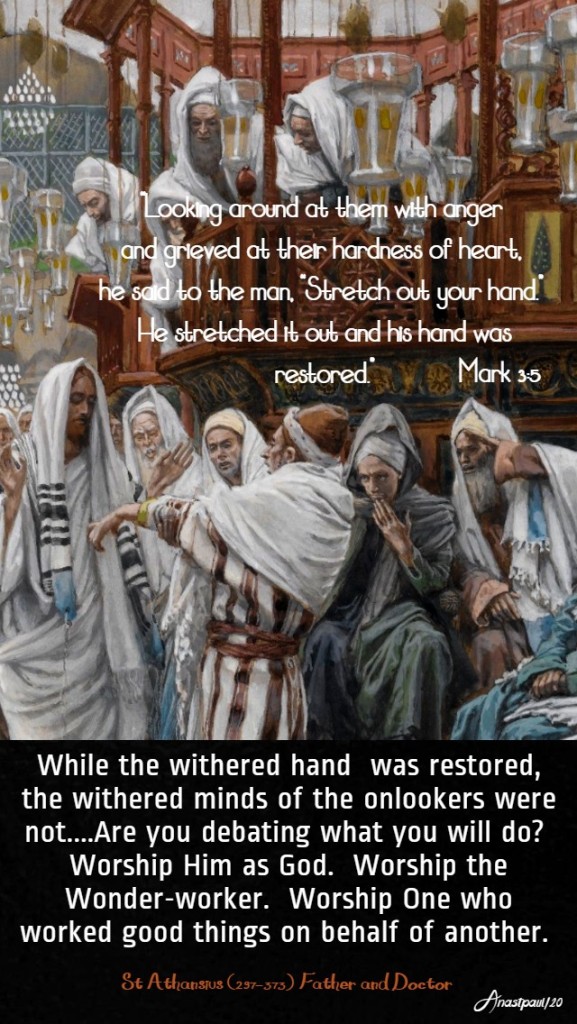
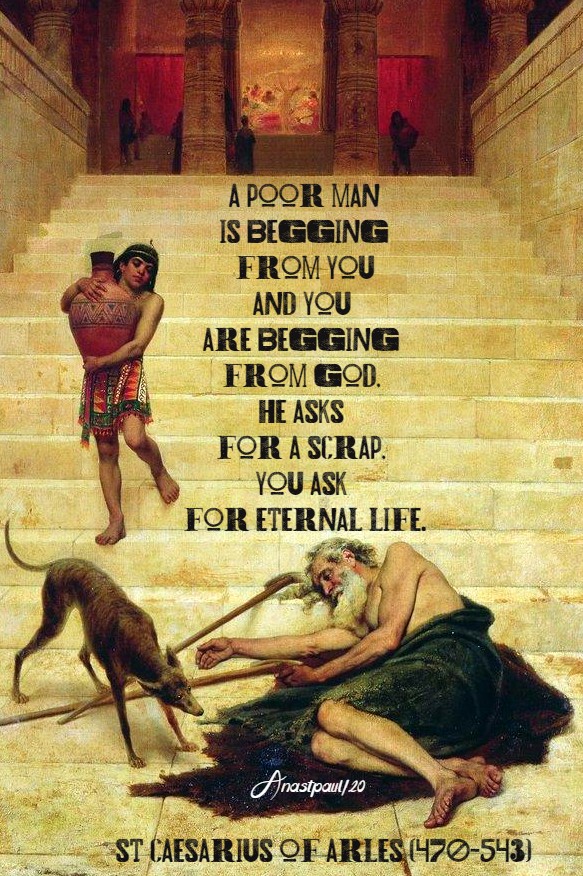

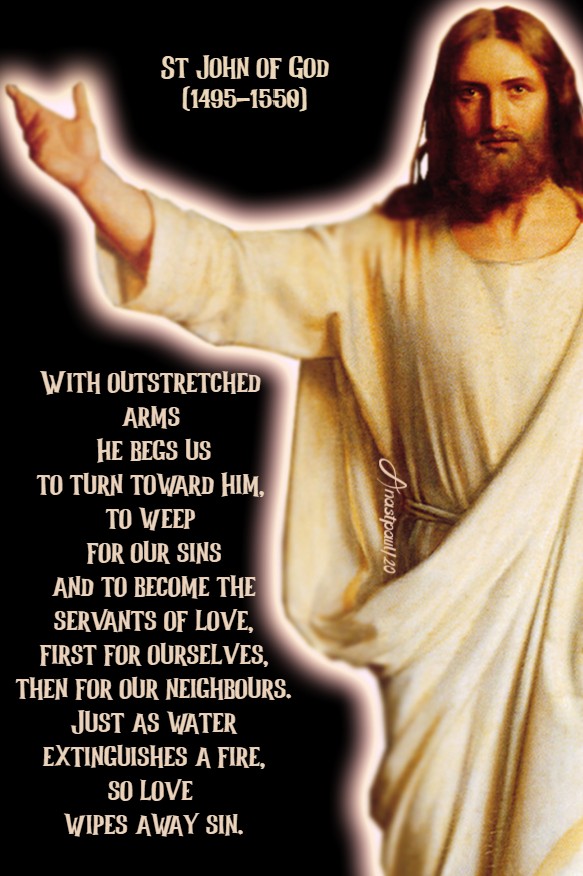
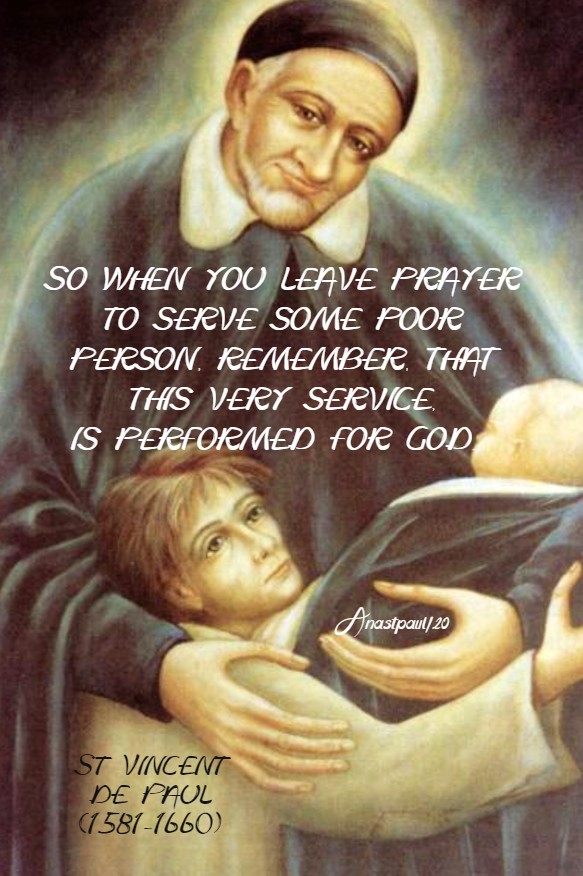
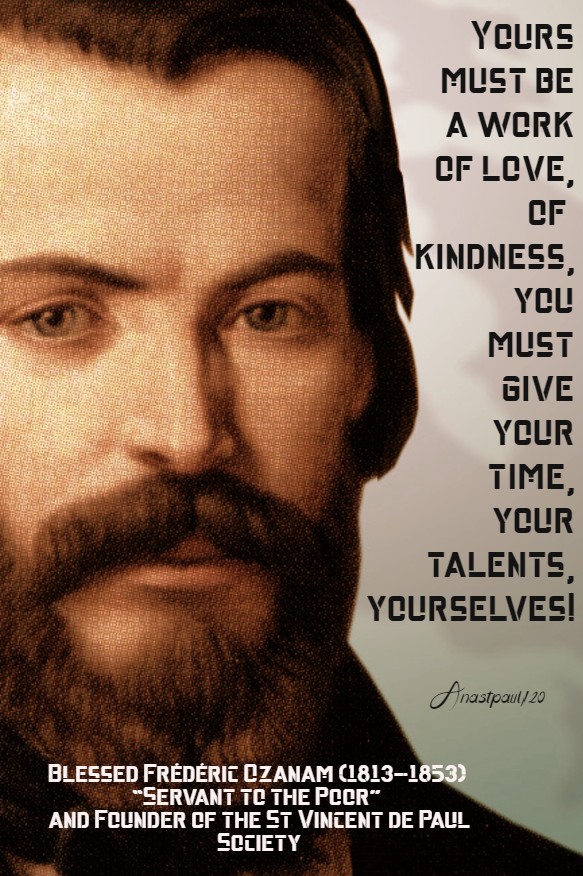
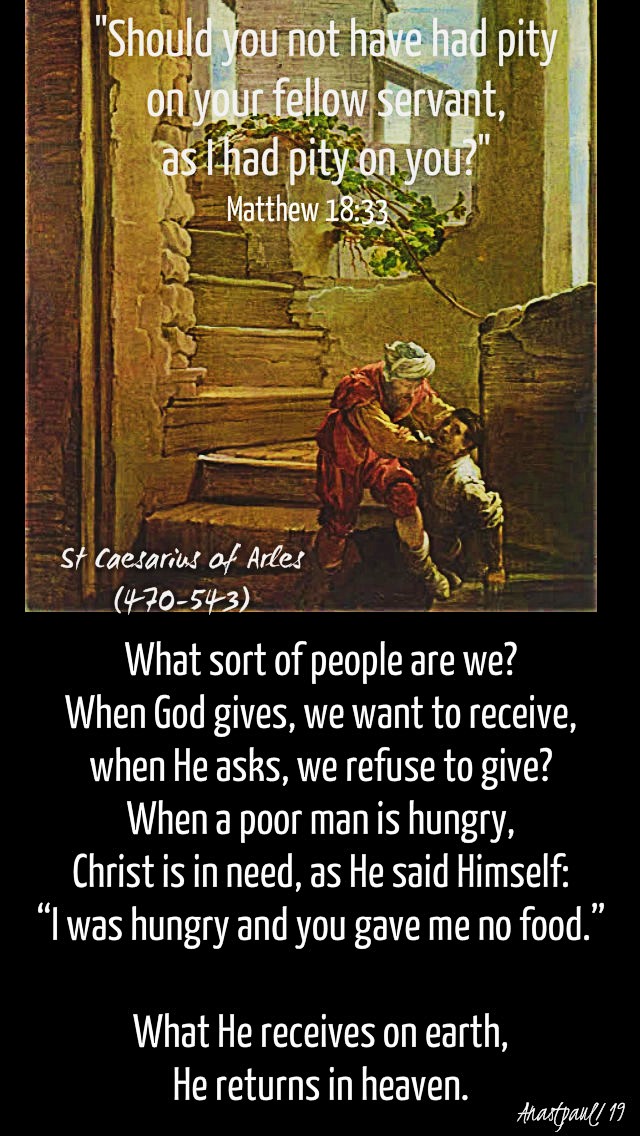
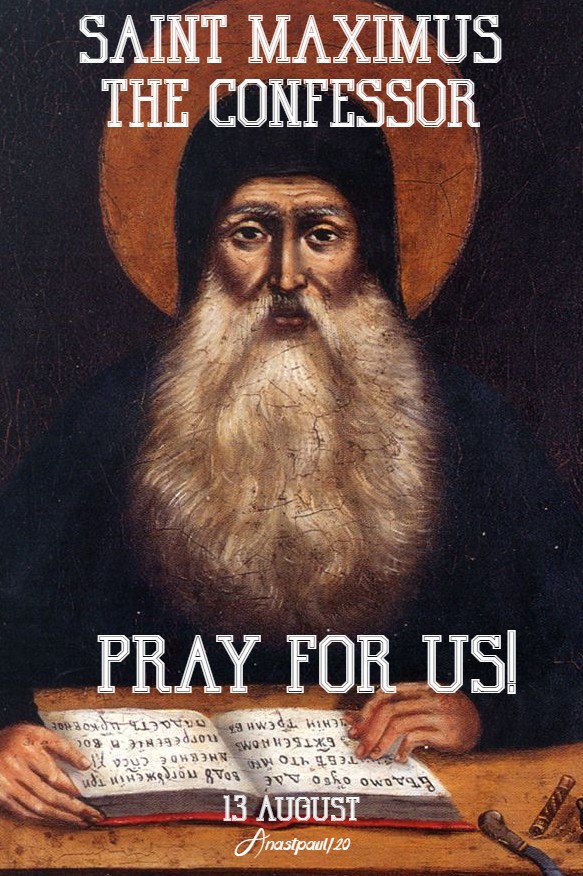
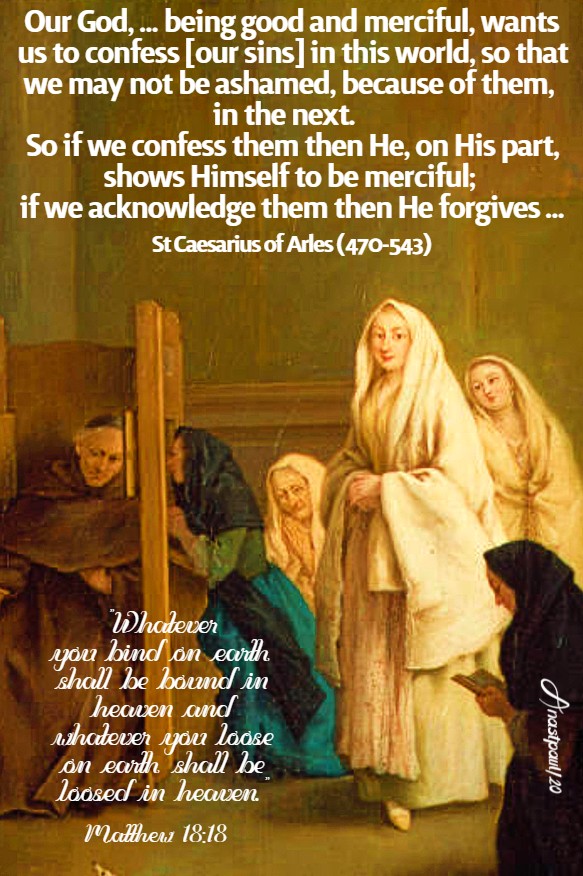


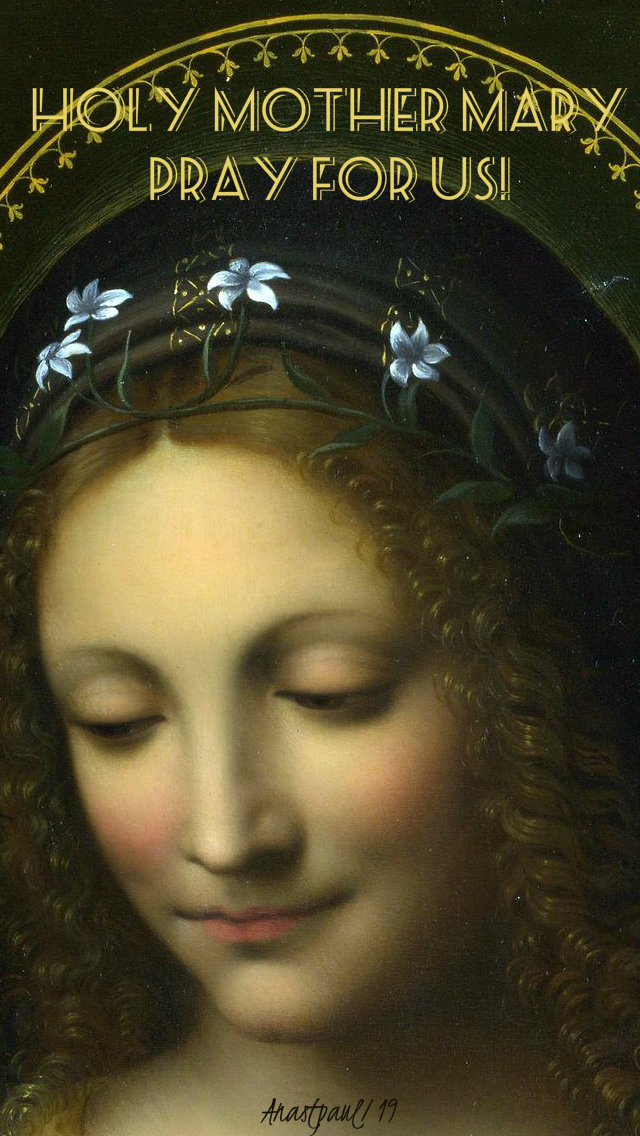
You must be logged in to post a comment.